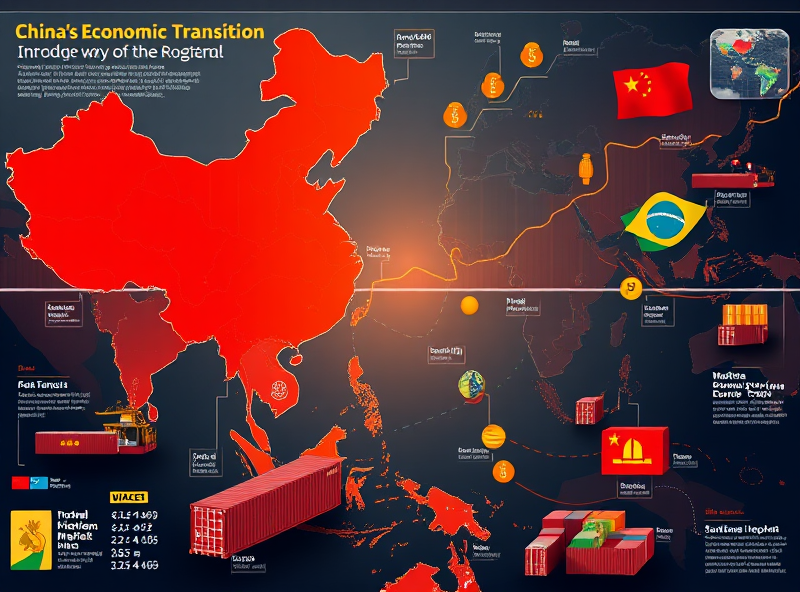Policy Shifts and Their Market Impact

Policy changes, whether domestic or international, can have profound effects on the U.S. financial market. For instance, shifts in interest rates by the Federal Reserve can influence borrowing costs, consumer spending, and investment patterns. Similarly, changes in trade policies, such as tariffs or trade agreements, can impact the stock market by affecting industries reliant on imports or exports. It’s important for investors to stay informed about these shifts, as they can create both risks and opportunities. By understanding the broader economic implications of policy changes, individuals can make more informed financial decisions and potentially safeguard their investments during periods of uncertainty.
Policy Shifts and Their Market Impact

The Federal Reserve (Fed) plays a crucial role in shaping the U.S. financial market, and any shifts in its monetary policies can ripple through the economy. When the Fed adjusts interest rates, it directly impacts borrowing costs for businesses and consumers. For instance, higher interest rates make loans more expensive, which can slow down economic activity but help control inflation. On the other hand, lower interest rates encourage borrowing and investment, stimulating economic growth. These policy changes also influence the stock market, as investors react to the anticipated effects on corporate profits and economic stability. Staying informed about these shifts can help you make better financial decisions, whether you’re an investor, a business owner, or simply managing your personal finances.
Global Political Events and Market Volatility

Global political events have a profound impact on the U.S. financial market, often causing fluctuations in stock prices, currency values, and investor sentiment. For instance, events like international trade negotiations, elections in major economies, or geopolitical tensions can lead to uncertainty, which directly influences market volatility. When political uncertainty rises, investors tend to shift their funds to safer assets like gold or U.S. Treasury bonds, which can impact the overall market dynamics. Staying informed about global political developments and understanding their potential effects on financial markets can help investors make more informed decisions. Diversifying investments and keeping a long-term perspective are also effective strategies to navigate such volatile periods.
Capital Flows and U.S. Market Adjustments

Global economic changes often influence the flow of capital across borders, and these shifts can have a profound impact on the U.S. financial market. When capital flows into the U.S., it can drive up asset prices, strengthen the dollar, and lower borrowing costs. Conversely, when capital flows out, it can lead to market volatility, a weaker dollar, and increased interest rates. For example, if foreign investors perceive the U.S. as a safe haven during global uncertainty, they may invest heavily in U.S. assets, boosting the stock market and bond prices. On the other hand, if global conditions improve elsewhere, capital might flow out of the U.S., creating challenges for market stability. Understanding these dynamics can help investors make informed decisions, as capital flows are often a key indicator of market trends and potential risks.



